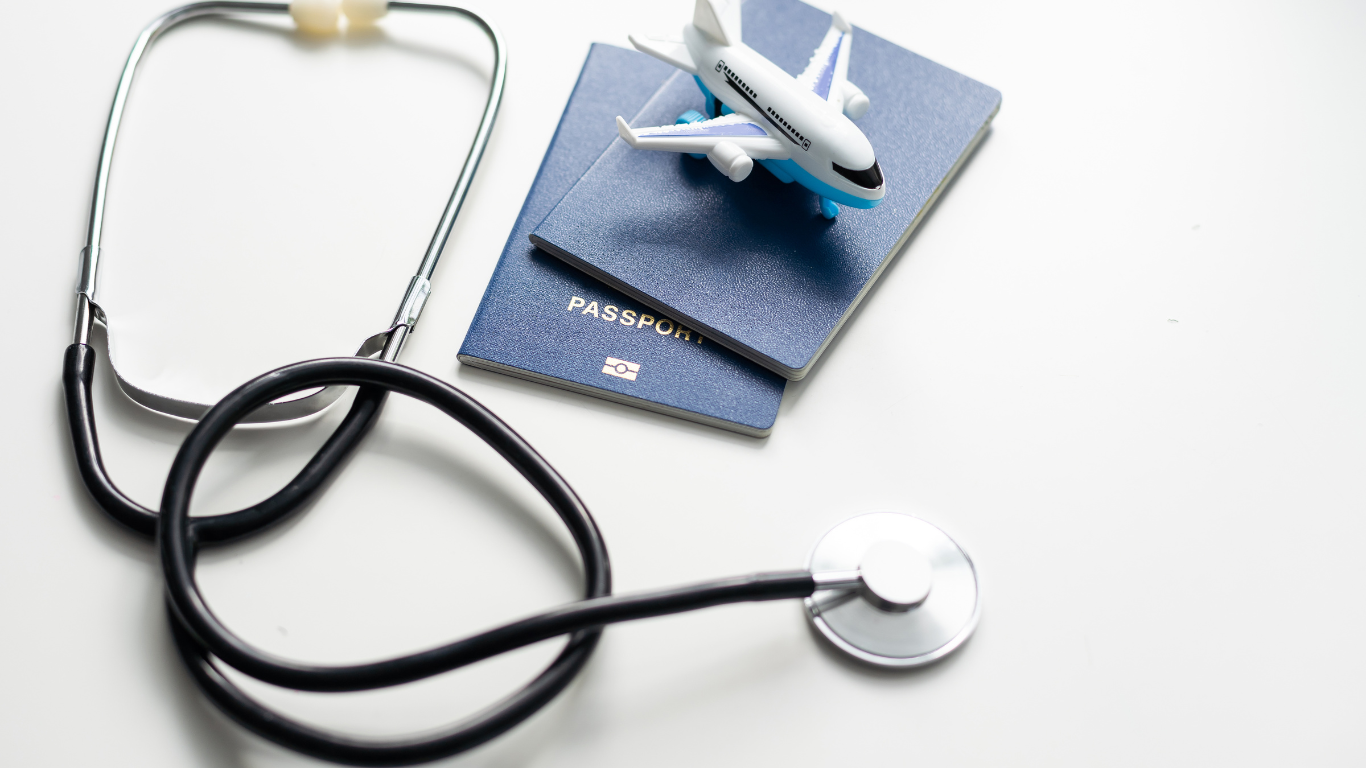Malaysia has emerged as a key destination for medical tourism, competing with regional players like Thailand and Singapore. With its combination of affordable, high-quality healthcare, government-backed initiatives, and unique patient-centric services, Malaysia continues to attract international patients. Here’s how Malaysia’s medical tourism differs from other Southeast Asian countries.
1. High-Quality Healthcare at Affordable Prices
Compared to Singapore, where medical costs can be significantly higher, Malaysia provides world-class treatment at a more affordable rate. This balance of cost-effectiveness and quality makes Malaysia particularly appealing to patients from countries with expensive healthcare systems, such as the United States, Australia, and the United Kingdom.
2. Strong Government Support & Accreditation
The Malaysia Healthcare Travel Council (MHTC) plays an active role in promoting and regulating medical tourism. Many hospitals in Malaysia hold international accreditations such as Joint Commission International (JCI), ensuring compliance with global healthcare standards. This differs from Thailand, where the medical tourism sector is largely driven by private healthcare providers.
3. Multilingual & Culturally Inclusive Healthcare
Malaysia’s diverse population enables hospitals to cater to patients in English, Malay, Mandarin, and Arabic, reducing language barriers. While Thailand and Indonesia are also popular medical tourism hubs, language differences can sometimes pose challenges for international visitors.
4. Halal-Certified Medical Tourism
As a leader in halal medical tourism, Malaysia offers Shariah-compliant healthcare services, including halal-certified medications, food, and Islamic-friendly hospital facilities. This makes it a top choice for Muslim patients, particularly from the Middle East, Indonesia, and Brunei. While Thailand and Singapore also welcome Muslim medical tourists, Malaysia remains the pioneer in this niche.
5. Integration of Medical & Wellness Tourism
Malaysia offers a unique combination of medical and wellness tourism, with scenic recovery destinations such as Penang, Langkawi, and Cameron Highlands. Thailand, on the other hand, leans more towards wellness and aesthetic tourism, while Singapore specializes in advanced medical treatments rather than leisure-based healthcare experiences.
6. Specialization in Key Medical Fields
Malaysia is known for its expertise in:
- Cardiology (heart surgeries and treatments)
- Oncology (cancer treatments)
- Orthopedics (joint replacements and spinal surgeries)
- Fertility Treatments (IVF and reproductive medicine)
- Cosmetic & Reconstructive Surgery
While Thailand excels in cosmetic and dental procedures, and Singapore is a leader in complex medical procedures and cutting-edge technology, Malaysia provides a balanced mix of specialized and affordable treatments.
7. Cost Comparison: Malaysia vs. Other Southeast Asian Countries
| Medical Service | Malaysia | Thailand | Singapore |
|---|---|---|---|
| General Surgery | Lower Cost | Similar to Malaysia | Higher Cost |
| Cardiology | Lower Cost | Similar to Malaysia | Higher Cost |
| Cosmetic Surgery | Affordable | More options | Expensive |
| Fertility Treatments | Affordable | Limited | Higher Cost |
Conclusion
Malaysia’s strong government support, affordable medical services, and culturally inclusive approach set it apart from other Southeast Asian medical tourism destinations. With continued investments in healthcare and technology, the country is well-positioned to remain a top medical tourism hub for international patients.
References:
- Channel News Asia. (2025). Medical Tourism in Southeast Asia. Retrieved from [CNA]
- Malaysia Healthcare Travel Council. (2025). Malaysia’s Role in Global Medical Tourism. Retrieved from [MHTC]
- Healthcare Asia. (2025). The Growth of Malaysia’s Medical Tourism Sector. Retrieved from [Healthcare Asia]
Disclaimer: This article is for informational purposes only and does not constitute medical advice. Readers should consult healthcare professionals before making any medical travel decisions.

